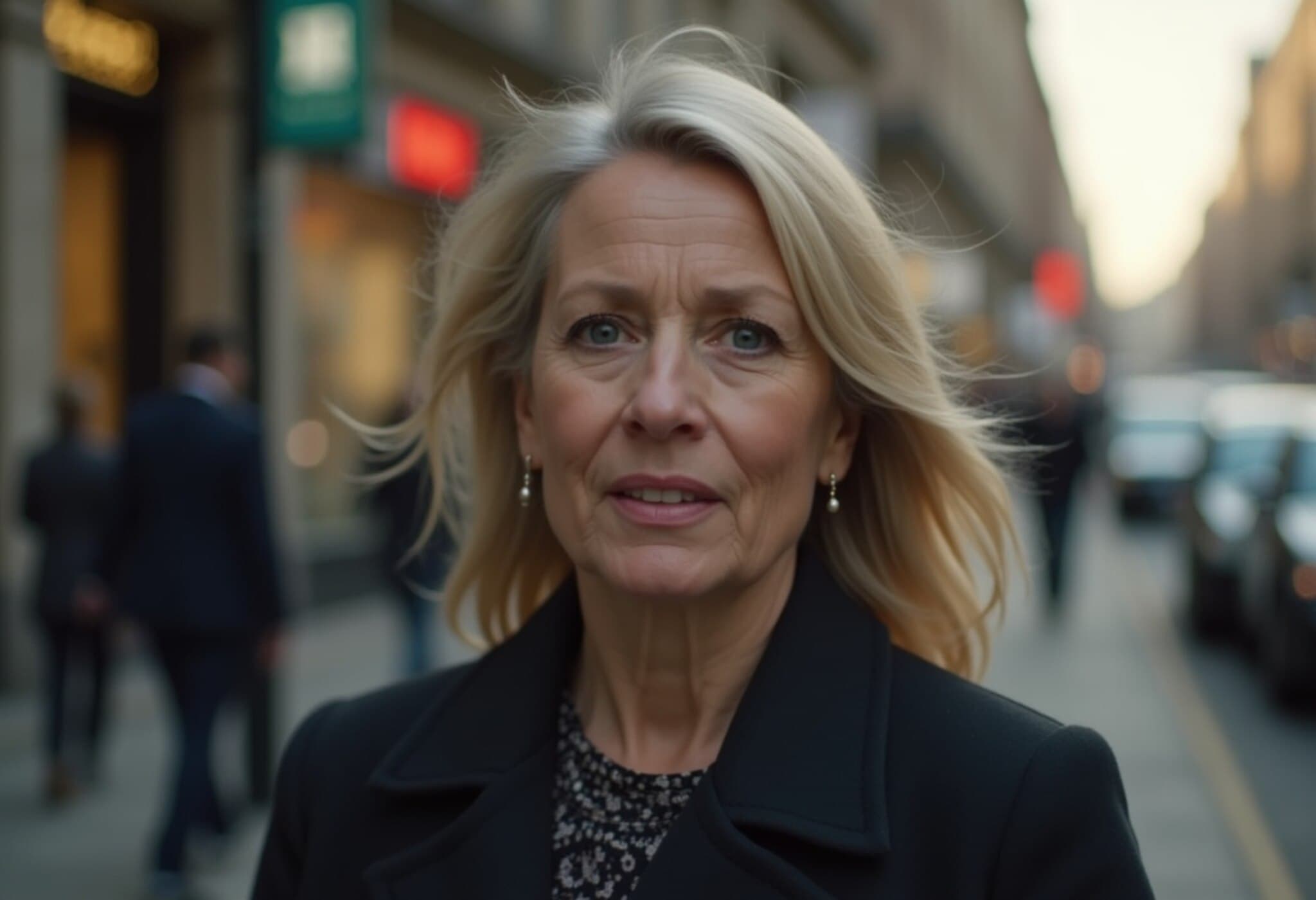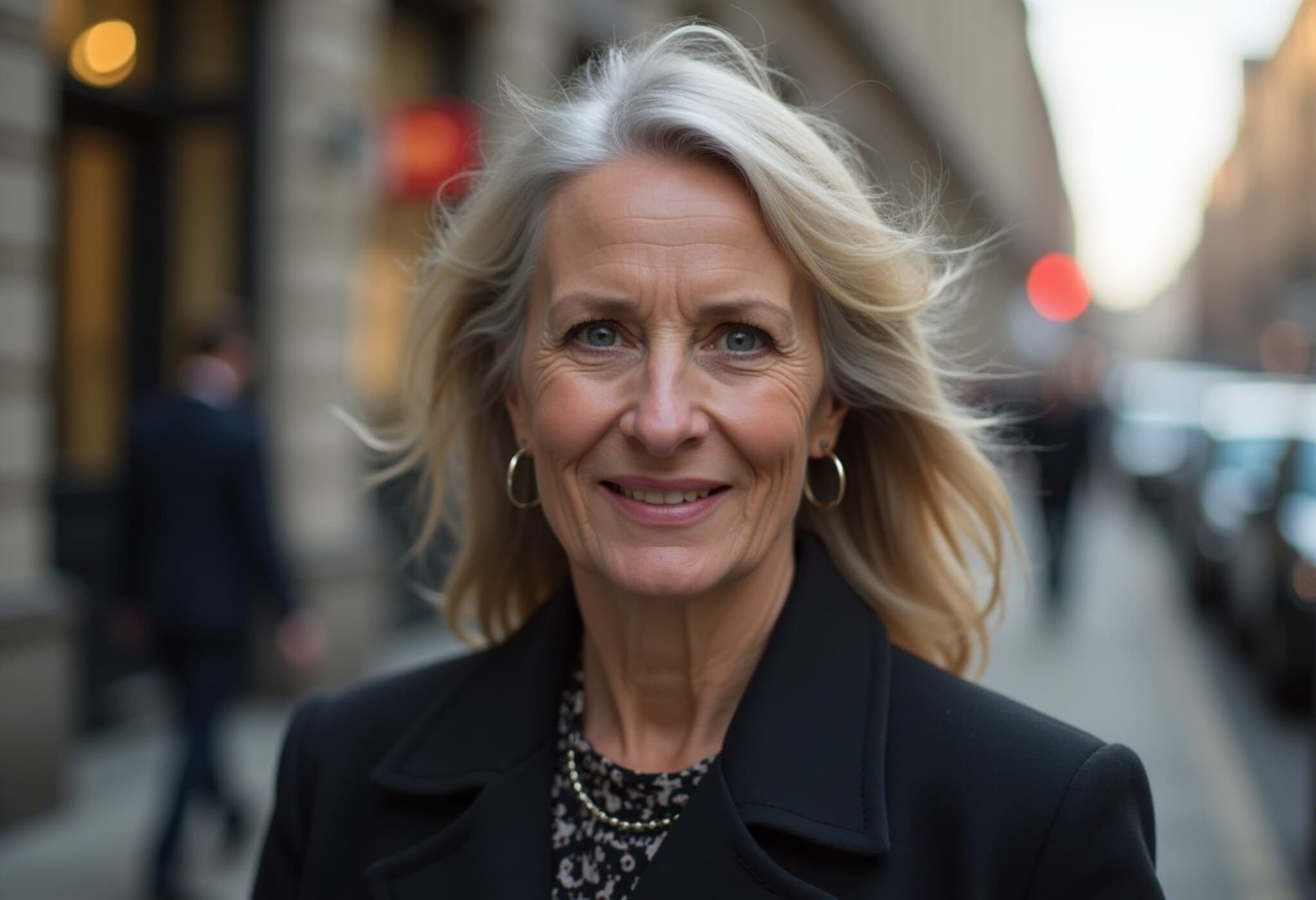Former UK MP Kate Kniveton Breaks Silence on Years of Abuse by Ex-Husband
In a powerful and heart-wrenching new documentary titled Breaking The Silence: Kate’s Story, former Conservative MP Kate Kniveton has candidly exposed the harrowing abuse she endured over a decade at the hands of her ex-husband, Andrew Griffiths — himself a former Tory MP once publicly known for advocating women's rights. Her testimony shines a crucial light on the often overlooked reality that domestic abuse transcends class, status, and public image.
Behind the Curtain: Contrasting Public Persona and Private Horrors
Griffiths, who championed women’s rights in the public eye, reportedly inflicted relentless sexual and verbal abuse on Kniveton behind closed doors. Kniveton revealed in the documentary that the abuse included instances of non-consensual sex while she was asleep and verbal assaults directed even at their newborn child. Such revelations paint a stark picture of the complexities behind domestic abuse, especially when the abuser holds political power and public admiration.
"People often assume domestic violence happens only in certain demographics, but it crosses every boundary," Kniveton told the Mirror UK. "I was traumatised not only by the 10 years of abuse but by the continued harassment through legal avenues for another five years after I left."
Legal Battles and Systemic Challenges
Following Griffiths’s public scandal in 2018, involving inappropriate sexting with constituents that led to his resignation, Kniveton left the family home. However, her troubles were far from over. She was forced into a protracted legal struggle to protect herself and their child from further harm. In 2021, a judge formally recognized that Griffiths raped and abused her — a verdict he denies.
Kniveton’s case exposed critical flaws in the family court system’s handling of abuse allegations, especially when the abuser wields influence. She emphasizes how the legal system can be weaponized against victims, prolonging their trauma instead of providing protection. Her journey from victim to advocate included running for Parliament in 2019 and winning, defeating Griffiths herself.
Broader Implications: Domestic Abuse and Public Policy
This story underscores an urgent national conversation in the UK and beyond about domestic abuse’s true scope, particularly how it thrives in silence among socioeconomically privileged groups. It challenges stereotypes that abuse is limited to marginalized communities and stresses the systemic weaknesses that allow abusers to evade accountability, especially when supported by political power.
Experts suggest this case should catalyze reforms in family law and victim support mechanisms, ensuring survivors receive safety without enduring prolonged legal battles. Advocates also urge increased awareness campaigns to dismantle stigma and normalize discussing abuse in all communities.
Looking Forward: Breaking the Silence
Through her documentary and continued advocacy, Kate Kniveton aims to give voice to countless survivors whose stories remain unheard. Her courage highlights how dismantling domestic abuse requires not only legal reform but societal empathy and vigilance.
Key takeaways:
- Domestic abuse affects people of all socioeconomic backgrounds, including public figures.
- Family courts must improve protections for victims to prevent abusers from exploiting legal processes.
- Public awareness needs to go beyond stereotypes to effectively identify and support survivors.
- Survivors like Kniveton turning to politics can reshape policies with firsthand experience.
Expert Commentary
Dr. Emma Harris, a UK-based specialist in domestic violence law, notes: "Cases like Kate’s reveal the chilling reality that power and public persona never guarantee moral integrity. Legal systems need to be trauma-informed, ensuring that survivors are believed and protected rather than forced into re-traumatizing legal wars."
Similarly, policy analysts warn that the intersection of politics and personal abuse requires heightened transparency and independent oversight, so personal misconduct cannot shield perpetrators from justice.
Conclusion
Kate Kniveton’s brave disclosure is a call to action — a demand for reform, awareness, and collective responsibility. As domestic abuse statistics climb in the UK and worldwide, stories like hers remind society that no one is immune and that change begins with listening, believing, and acting.
Editor’s Note
This case exposes the enduring challenge domestic abuse victims face across social strata and the urgent need to revamp family court systems to better shield survivors. It also raises critical questions about how political institutions handle misconduct behind closed doors and the role of public accountability. For readers, it is a poignant reminder to recognize abuse signs, support survivors, and advocate for systemic change. Kate Kniveton’s journey demonstrates the extraordinary resilience required to not only survive abuse but to transform pain into policy and hope.



















